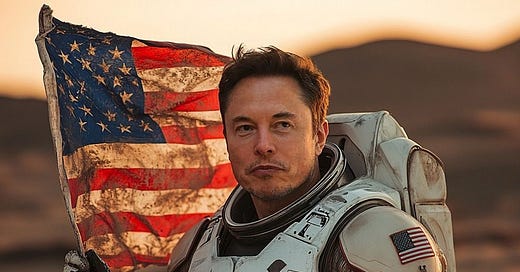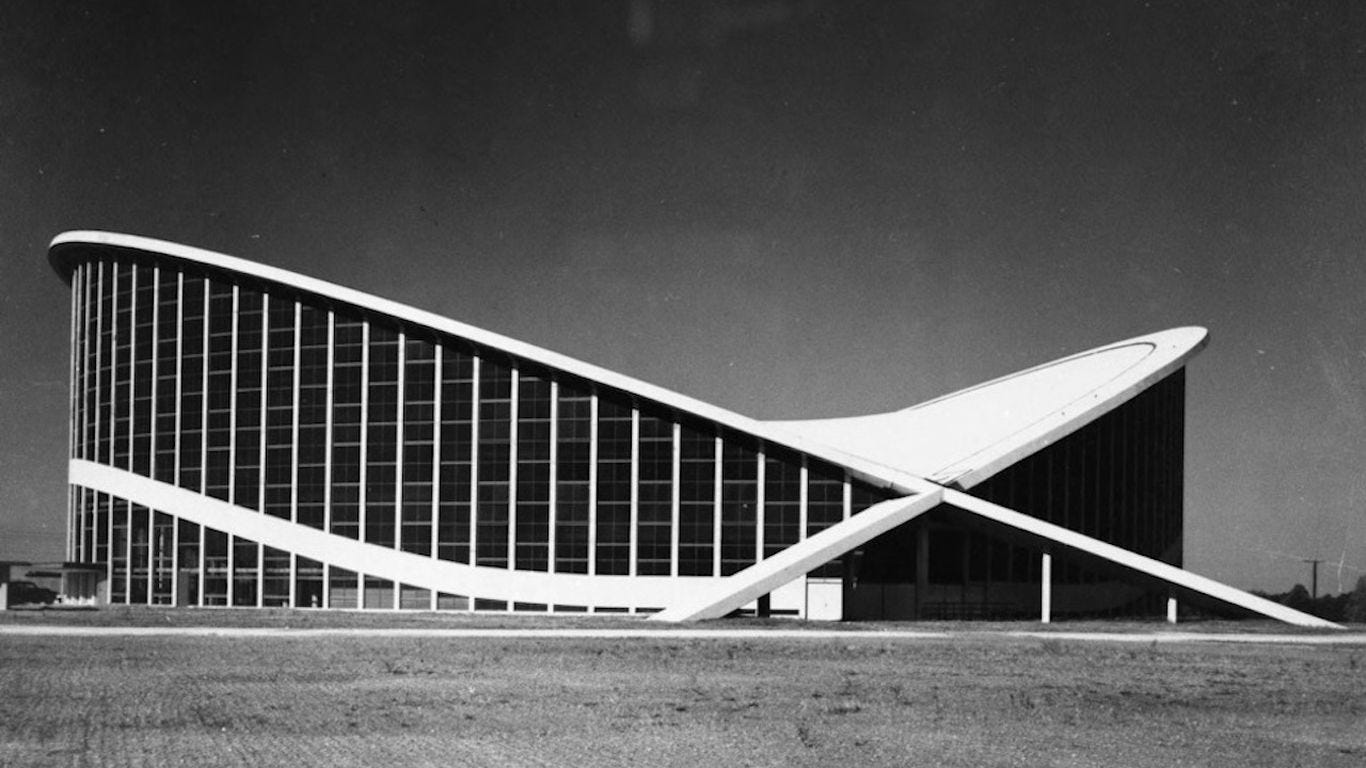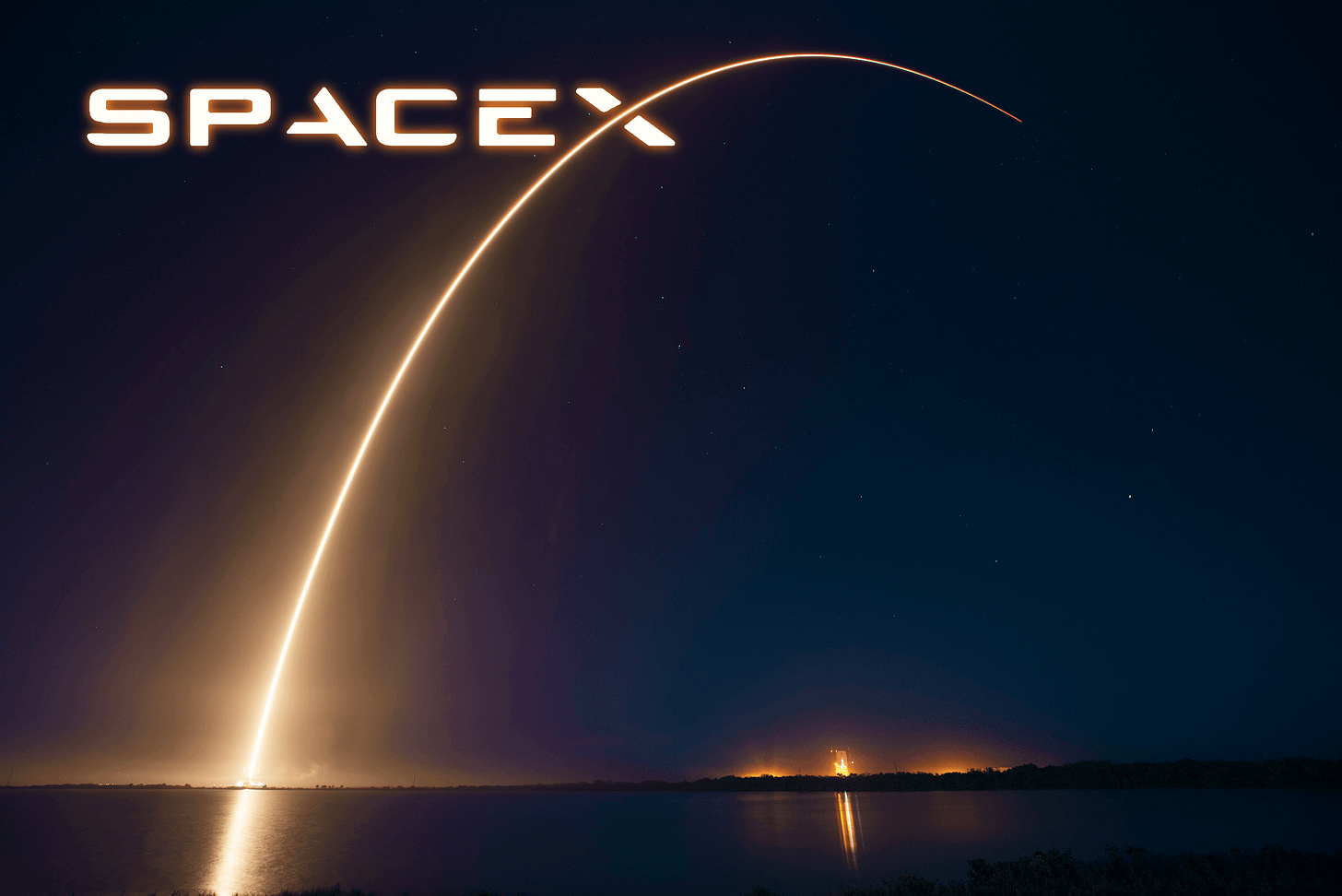The Dawn of a New Civilization
After the Apollonian, Magian, and Faustian Comes the Aenean Soul
Just three days ago, on November 5th, 2024, Donald J. Trump was elected once more to the office of President of the United States, securing a decisive 312 electoral votes and, for the first time in his political career, the popular vote. It was the greatest comeback in the history of American politics.
To many on the Left, a Trump victory was unthinkable; even many on the Right were surprised by the scope of Trump’s red-tinted triumph. Historians will spend years debating which elements of the 2024 campaign proved most decisive. Was it the replacement of Joe Biden with Kamala Harris? Trump’s courage in the aftermath of an attempted assassination? The death of Peanut the squirrel and Fred the racoon at the hands of armed government agents?
Whatever other factors might have been at play, Trump’s comeback would have been impossible had he not received the support of the world’s richest man: Elon Musk. Without Musk’s support, Trump’s comeback might have faltered; with it, he surged to victory.
Musk—an architect of the new technological frontier, an erstwhile darling of the progressive tech industry, an entrepreneur who has built his legacy on bold, unyielding visions of humanity’s future—could never be called a “conservative” or “populist,” yet he was unquestionably Trump’s most valuable ally.
Why would Musk, a figure synonymous with futurism and technocracy, align himself with Trump, a symbol of disruption and populism? “I view this election as a fork in the road of destiny,” Musk said. “I think Donald Trump winning makes a big difference in humanity getting to Mars and making life multiplanetary. Vote for Trump if you want humanity to make it to Mars.”
To those blind to the currents of history, Musk’s words were easily dismissed as hubris, greed, or childishness. But those with eyes to see the cycles of civilization knew better.
The state of the modern world—potent, yet fragile; flourishing, yet finite; geometrically expanding, yet under existential threat—demanded a new worldview. Musk’s alignment with Trump arose organically in a way that transcends either man or movement. The alignment heralded the dawning of a new civilization, one whose soul is fired by the cosmic ambition to conquer the stars, yet tempered by the acute understanding of planetary fragility and peril.
The alliance of Musk and Trump marked a moment of transition: the moment when a fading Faustian ethos gave way to an ascendant Aenean spirit.
They can conquer who believe they can.
Spengler’s Civilizations: Apollonian, Magian, and Faustian
To understand this shift, we must revisit Oswald Spengler’s vision of historical cycles and cultures. In The Decline of the West, Spengler mapped the life and death of various historical civilizations, each animated by its unique “soul”—a zeitgeist or worldview that gives form and meaning to its expressions in art, architecture, science, and religion. Spengler identified three civilizations central to the Western legacy: the Apollonian, the Magian, and the Faustian, each with its own spatial orientation and architectural symbolism.
The souls of these civilizations served as the unifying thread for each of their epochs, and each was self-contained in purpose and aspiration. They were, in effect, the underlying drives of their times. Spengler understood that the unique aesthetics of the three civilization each manifested in accordance with the particular architecture of each civilization’s soul.
The Apollonian civilization of Greece and Rome was fundamentally oriented toward finite, bounded space. The Apollonian soul craved symmetry, proportion, and balance. Greek temples reflected this: they were self-contained, static, monuments to perfection and harmony, epitomizing a world defined by clear limits and natural law. For the Apollonian mind, the world was finite and ordered, and human greatness was to flourish within the constraints of nature’s harmony.
The Magian civilization, defined by the world of early Christianity, Islam, and the Eastern Roman Empire, introduced a new orientation toward space. Its soul was one of enclosures and hidden divinity, symbolized architecturally by the dome and the inner sanctum. This space was an inward-looking world of faith, where God was the unseen center, wrapped in mystery and revelation. Here, the cavernous space beneath the dome offered not infinity, but the intimate, potent presence of the divine. The Magian soul yearned for unity within—a unity between humanity and the divine, encapsulated within sacred enclosures.
Then came the Faustian civilization, what we call the West, with its unique impulse for boundless, limitless space. The Faustian spirit, rising from the medieval era and flourishing through the Renaissance and the modern age, looked ever outward, to the endless horizon and the stars beyond. Its architecture captured this drive: Gothic cathedrals reached for the heavens with their spires, while modern skyscrapers and technological feats extended this yearning for the infinite. The Faustian soul was endlessly driven towards conquest, discovery, and dominion, undeterred by obstacles or ethical qualms. This civilization dared to scale mountains, harness the atom, split the genes, and chart the stars. But with its relentless pursuit came a great cost: the heedlessness of Faustian progress began to reveal the dangers of an unchecked quest for dominion, a pursuit now tinged with exhaustion.
Wars, grim wars I see, and Tiber foaming with streams of blood.
The Rise of the Aenean Civilization: From Infinity to Liminality
As it reached the precipice of environmental, technological, and societal upheaval, the Faustian soul faced a reckoning. It is here that the Aenean spirit began to emerge—a soul animated not by ambition for ambition’s sake, but by the delicate knowledge that humanity stands at a threshold, a liminal space with a clear choice: to transcend or perish.
Named for Aeneas, the hero of Virgil’s Aeneid, who fled the ruins of Troy to found a new and greater Rome, the Aenean soul embraces the duality of destruction and destiny, of depletion and rejuvenation.
The Aenean soul is defined by its understanding of humanity as poised on the brink of cosmic destiny, aware of our uniqueness in the universe, and yet haunted by the specter of extinction, the Great Filter that looms ominously in our future. It seeks to establish a new civilization that, because threatened with existential perils of collapse, is thereby driven to transcend Earth’s boundaries to ensure human survival.
The transition from the Faustian to the Aenean is reflected in the structures that symbolize our age. While Faustian culture celebrated the soaring skyscraper and the endlessly receding railroad, the Aenean epoch reveres the arching flight of the rocket. Where Faustian architecture celebrates towering infinity, Aenean architecture celebrates sublime liminality —the threshold at which one stands on the edge of one reality and considers entering another. Its orientation is not toward straight lines but rather toward arches, gateways, and portals—the symbols of transition and transformation.
Arches not only create a liminal space between their piers, but in their ascent to great height they rest on two foundations rather than one - metaphorically, the past and the present creating the gateway to the future. Arches also serve as a warning that all that rises also falls. Fittingly, Trump’s last rally in North Carolina was held in the the Dorton Arena, the world’s first structure based on two parabolic concrete arches.
The gates of hell are open night and day;
Smooth the descent, and easy is the way:
But to return, and view the cheerful skies,
In this the task and mighty labor lies.
The Aenean Soul: Heedful of Inaction, Wary of Collapse
If the Faustian soul was heedless of the consequences of its actions, the Aenean soul is heedful of the consequences of inaction. It knows that the future is won not by those who wait passively, but by those who act; yet action must be made deliberately, wisely, and with reverence for the warnings for history. Aenean man is the man of action and thought, united.
The Apollonian soul saw time as cyclical and bounded, moving in repeated patterns. The Faustian soul, in contrast, saw time as linear and unbounded, a pathway to perpetual and infinite progress. The Aenean soul knows time to be simultaneously cyclical yet unbounded. Patterns of rise and fall are inevitable, but the amplitude between the apex and the nadir is not constrained; there is the possibility of achievement greater than anything mankind has yet accomplished, and the risk of collapse far worse than anything Minos or Rome ever saw. The high soaring arch is the symbol of that aspiration to ascend grounded by the knowledge that on either side of a peak is a valley.
Thus, where Faustian civilization believed it could exercise dominance by will to power, Aenean civilization knows it must rule wisely, lest its recklessness hasten the very ruin it seeks to escape. The Aenean civilization is defined by the awareness that mankind marches forward on a narrow bridge, and what looks like an infinite expanse can easily become a yawning abyss.
The Aenean spirit retains the ambition of the Faustian but tempers it with the wisdom of the Apollonian and the reverence of Magian. The Aenean soul reaches for the stars with the knowledge that humanity’s resources, wisdom, and unity are finite. It knows we stand at the threshold of destiny; that we must balance courage with caution, ambition with restraint; that while the choice to act might not save us, the choice not to act will certainly doom us.
Aeneas founded Rome after surviving the fall of Troy; the Aenean soul seeks to found a new civilization out of the ruins of the Faustian. It seeks not only expansion but preservation, not only conquest but continuity. It holds a respect for the lessons of the past; it surveys the ruin of ancient grandeur and sees both the triumph of the human spirt and the fragility of human endeavor. In this sense, the Aenean soul is not merely the successor to the Faustian; it is its redemption.
A greater history opens before my eyes,
A greater task awaits me.
The Great Projects of Aenean Civilization
Finding himself forced by circumstance to choose whether the destiny of mankind is to be a squalid yet sustainable existence on depleted soil, or a heroic odyssey beset by peril, the Aenean chooses the latter. He steers the vessel of humanity to the stars, knowing full well the risk.
Space exploration becomes, not a Faustian pursuit of endless boundaries, but an Aenean quest for security in the face of the Great Filter; not an act of hubris, but of preservation; not a means of achieving imperishable fame, but a means of ensuring that humanity’s flame remains imperishable even if this planet flames out.
The colonization of Mars, likewise, becomes not merely a technological challenge to be met by this generation, but an existential commitment made for future generations. Since Earth cannot sustain us without end, we must sustain ourselves off Earth or end. Faustian man famously “went to the Moon not because it was easy, but because it was hard;” Aenean man will go Mars, not because it is hard, but because it is necessary.
Even on Earth, Aenean souls see mankind standing in the liminal space between doom and triumph. Artificial intelligence, pursued with purely Faustian ambition, could be man’s greatest mistake; if pursued with Aenean magnanimity, it can be man’s greatest achievement. From genetic engineering to robotic automation, from nanotechnology to nuclear power, the Aenean civilization tempers ambition with caution. The Aenean age does not blindly pursue technology for technology’s sake; it understands a leap forward can carry us upward or downward.
Faced with existential risks such as solar storms and nuclear wars, threats that can cut short the human experiment before it reaches its zenith, the Aenean rises to the challenge with the greatness of spirit the ancients called megalopsychia.
Does the Aenean spirit burn in you?
I am Aeneas, duty-bound, and known
Above high air of heaven by my fame,
Carrying with me in my ships our gods
Of hearth and home, saved from the enemy.







Insufficient woe.
I will provide. Mars is not habitable without trucking in something like 60 feet deep of water ice and ammonia (for nitrogen) just to get decent air pressure and protection from cosmic rays. (Given the lack of magnetic field, it might require more. ) You'd also want to truck in enough water to have...water.
Moving all this from the rings of Saturn is going to take a while. Landing it on the surface without too much techtonic destruction is also challenging. And then you need to do the actual terraforming to turn this toxic mess into breathable atmosphere. This might take a while.
You may need to rename yourself Tree of Optimism after this post, lol.